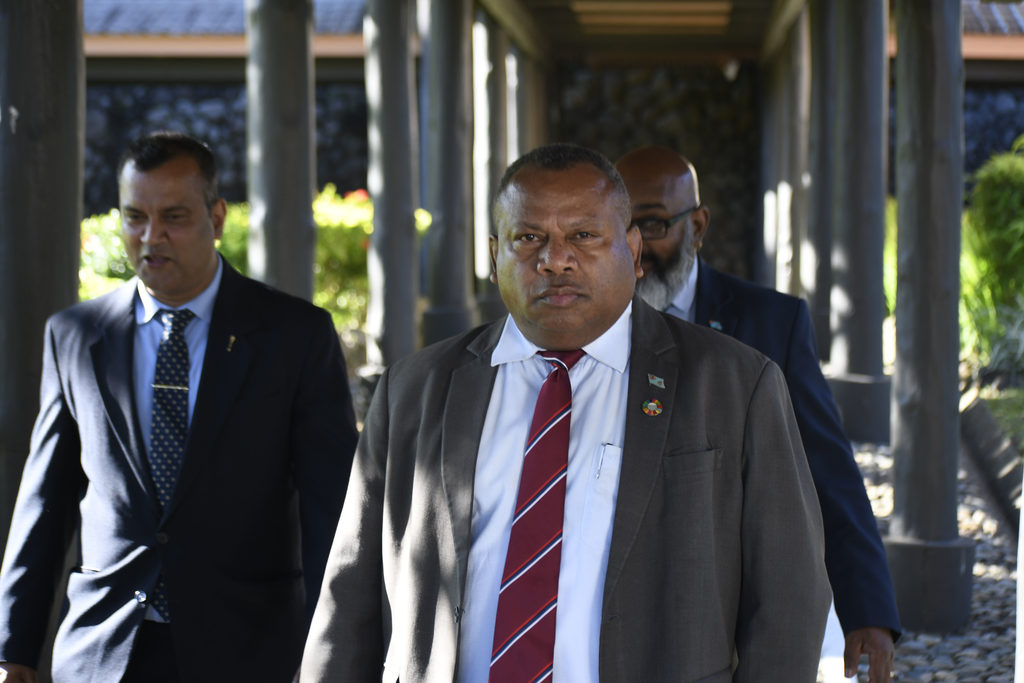The strict dual threshold requiring three-quarters of Parliament and three-quarters of registered voters to amend the 2013 Constitution was a deliberate design by its drafters to protect the constitutional order.
This was shared in the Supreme Court by the intervener on behalf of Opposition Leader Inia Seruiratu who told the court that these provisions were intended to prevent “opportunistic and destabilising changes” and reflected a structured form of democratic governance.
“We have submitted Sections 159 and 160 are procedural and substantive and self-entrenched,” Kunal Singh said.
“These clauses are absolute, neither Parliament nor referendum can amend these provisions.”
Mr Singh cited international examples like Germany’s “Eternity Clause” to argue that fundamental constitutional protections can be legitimately entrenched.
He also rejected the argument that such entrenchment undermines popular sovereignty.
“Sovereignty in a constitutional democracy is structured by the constitution itself, not by majoritarian will.”
Appellate court president Justice Isikeli Mataitoga, however, warned Mr Singh against framing the provisions as a “non-reducible division,” suggesting caution in asserting that no legal path exists for amendment.
Mr Singh later urged the Supreme Court to limit its role to interpreting the amendment provisions of the 2013 Constitution, without questioning the Constitution’s overall validity or reopening debates about its legitimacy.
“The Constitution was introduced by a Bill, and that is now the accepted law.
“The questions do not ask the Court to disapply the Constitution, they only ask whether certain sections apply and how.”

